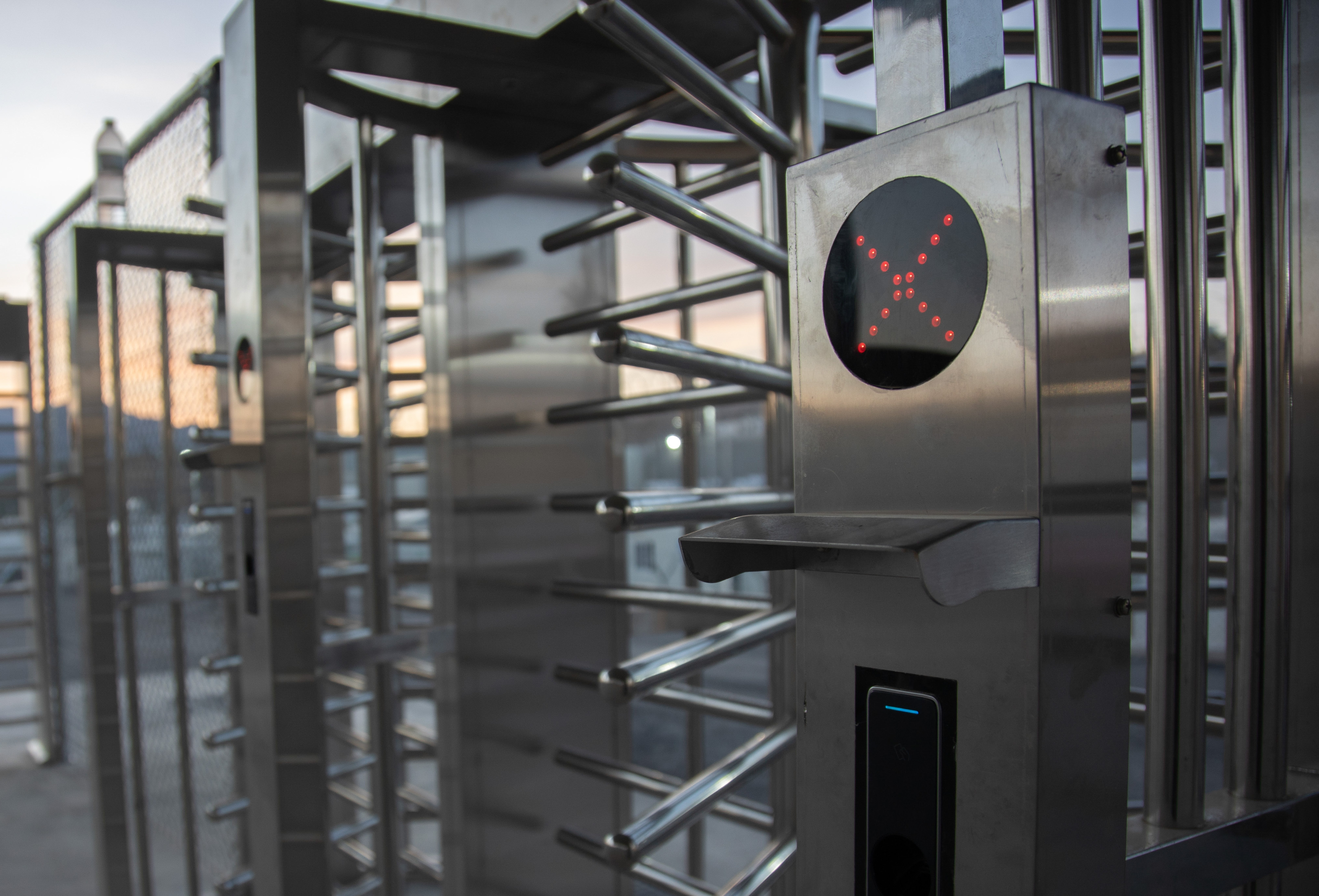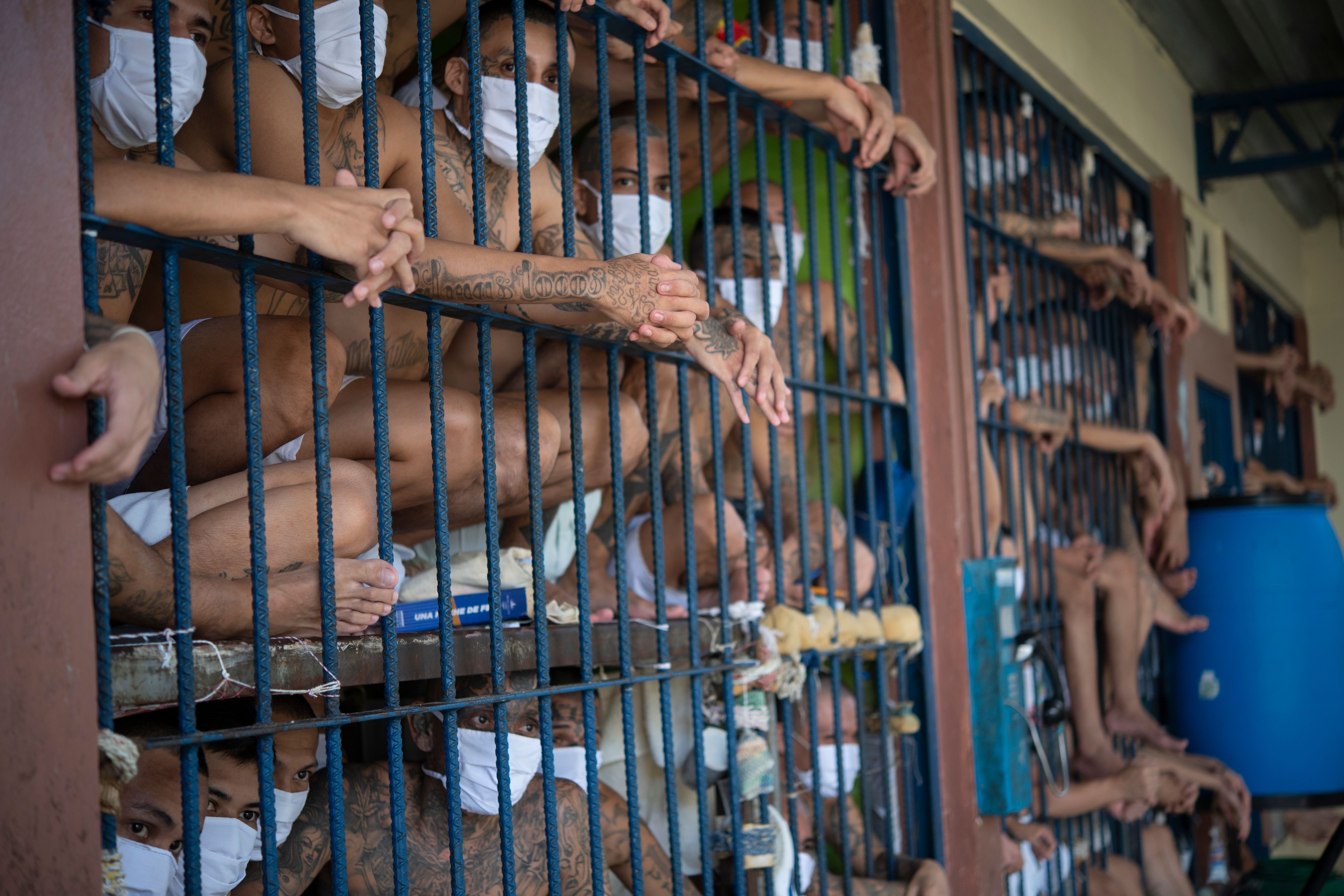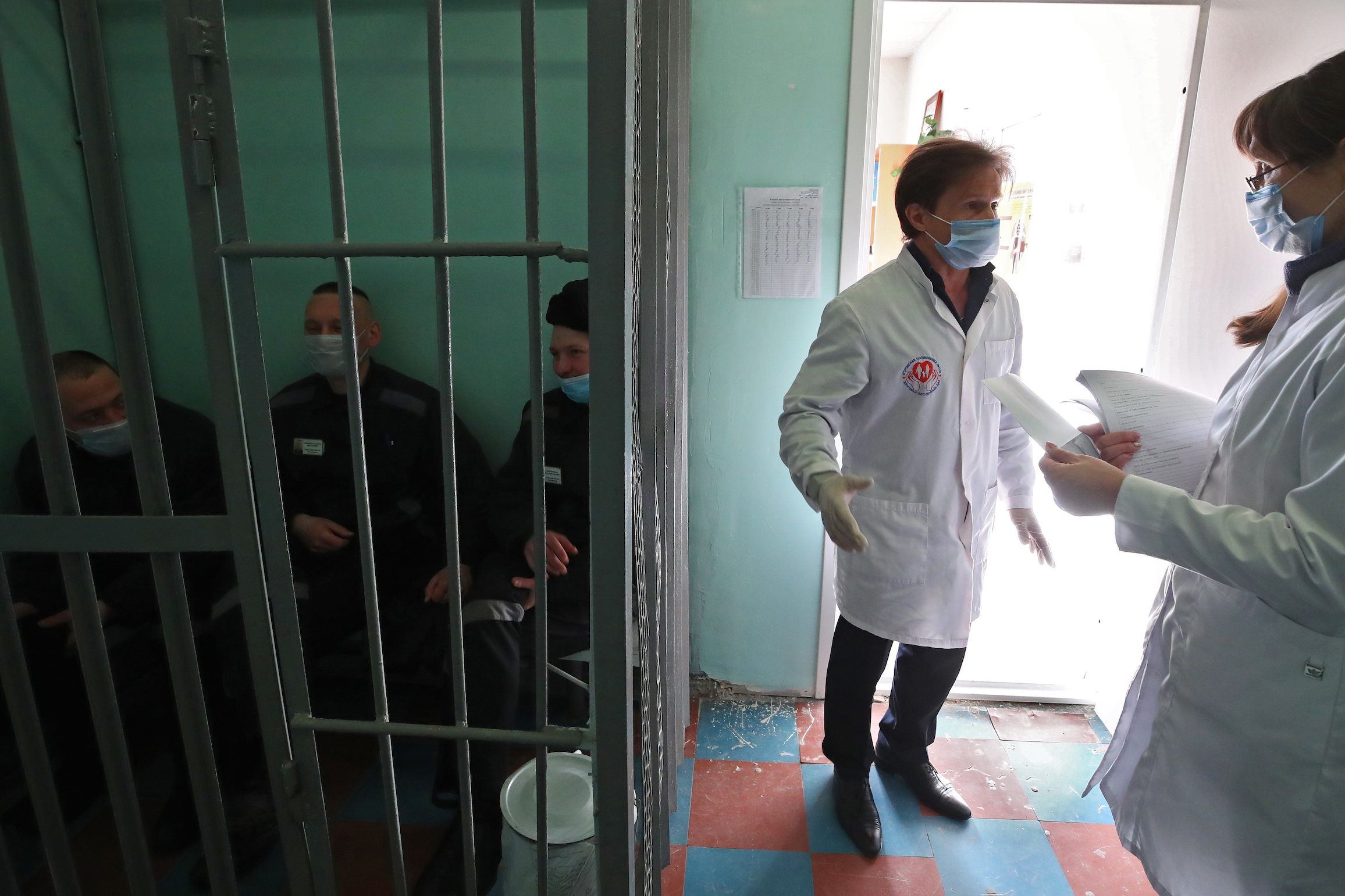
Health & Medicine
We are leaving people released from prison vulnerable

COVID-19 has exposed the urgent need to reform incarceration systems globally to end overcrowding and improve health care
Published 25 November 2021
On any given day, more than 11 million people wake up in prison or detention globally. And over the course of each year, some thirty million people are released back into the community.
Within the walls of prisons and detentions centres there is commonly overcrowding, poor ventilation, inadequate sanitation, and substandard health care services –creating the perfect environment for the transmission of infectious disease like COVID-19.

This is especially concerning because prisons and detention settings concentrate marginalised populations with disproportionately high rates of complex, co-occurring health conditions, which place them at increased risk of severe COVID-19 infection.
And these risks extend to the wider community because infectious disease is easily transmitted through staff, visitors and as people are released.

Health & Medicine
We are leaving people released from prison vulnerable
Despite the consensus among experts on what needs to be done to minimise the impact of COVID-19 in these settings, the global response has been inadequate.
A recent review identified shortages of testing capacity, a lack of preventive and protective measures, insufficient rates of release, inhumane use of solitary confinement and a lack of basic data collection on case numbers and deaths.
In March 2021, it was estimated that more than 527,000 people in custody had been infected with COVID-19 globally.
Research from the USA and the UK has calculated an infection rates in prisons and other detention settings that are 4.7 and 1.6 times higher, and case fatality rates that are 2.5 and 3.3 times higher, respectively, than in the general population.
However, the true impacts may be far worse due to limited data collection and poor access to testing in these places.
Recognising these challenges and their implications for public health, we convened global experts in six webinars to help us answer the question: How do we build a sustainable, comprehensive global response to COVID-19 in detention settings?
Here’s what we learned.

The COVID-19 pandemic exposed an existing humanitarian crisis within prisons and detention settings.
Marginalised populations with complex health needs are over-represented, yet a lack of investment in health and rehabilitation services means that their needs are often neglected.
These circumstances have led to several deadly incidents of unrest as people in custody feared for their safety and human rights. In the wake of COVID-19, the urgent need for reforming incarceration systems has never been more consequential.

Health & Medicine
Data protection is a mental health issue for young people
Key elements of reform needed in the COVID-19 era include focusing on the upstream causes of prison overcrowding like the over-reliance on custodial sentences; reinvesting in improving basic incarceration conditions and health care; and restoring the rehabilitative aims of incarceration to help reduce incarceration in the first place.
Overcrowding makes physical distancing and other infection prevention and control measures near impossible, severely inhibits access to healthcare and undermines the intended rehabilitative function of incarceration.
Prison systems in 124 countries are over-crowded, with 22 countries reporting prison occupancy rates more than twice the maximum built capacity.
Non-custodial alternatives to detention and early release policies were enacted as anemergency response to reduce overcrowding in early 2020. However, reductions in prison populations haven’t been sufficient or sustained.
Ongoing efforts to reduce prison overcrowding must be coupled with adequate transitional planning to support people with complex health and social needs to safely reintegrate into the community.

The long-standing division between the health and justice sectors across jurisdictions hampered the ability of prison systems to respond quickly to COVID-19.
Outbreak management, medical management of cases across prison and community health services, as well as vaccination rollouts are all key issues where both sectors need to work together.
There has never been a greater need for incarceration systems to work closely with community-based health and social services, particularly to support the safe reintegration of people leaving custody into communities experiencing ongoing outbreaks of COVID-19.
In the long term, better integration of health and justice sectors will protect people in custody and the public from COVID-19 as well as future health crises.

Health & Medicine
A simple way to improve maternal health globally
Measures that restrict individual freedoms, including facility lockdowns, medical isolation and suspended in-person visitation, can have profoundly negative impacts on people in custody, especially those with pre-existing mental illness.
Unfortunately, inappropriate use of punitive solitary confinement and isolation regimes has had devastating impacts during the pandemic.
The United Nations Standard Minimum Rules for the Treatment of Prisoners emphasise that people in custody have an established right to safety and security. According to these rules, when a state deprives someone of their liberty, it takes on the duty to protect their physical and mental health and wellbeing.
Measures that counteract restrictions, like increased access to remote visitation, education and entertainment, are vital to supporting mental health and human rights.
Appropriate and consistent levels of independent monitoring and inspection need to be in place to ensure accountability and adherence to human rights standards.

The single greatest barrier to protecting the health of people in custody during the pandemic is the widespread lack of health data collection in prisons and detention settings.
Basic information on testing, cases, deaths, vaccinations and measures implemented is rarely collected and publicly reported.
These data are the fundamental building blocks required to monitor and evaluate the impact of COVID-19 in these settings, maximise transparency and hold governments and custodial authorities accountable for the health of all people in custody.

Health & Medicine
Gender bias skewing surgeon referrals
Research is urgently needed to understand the effectiveness of recommended measures in reducing COVID-19 disease, and their broader impacts on people in custody. These data will improve our understanding of how to optimally respond to COVID-19 and future health crises in these settings.
Last, and certainly not least, is the need to listen to the voices of people in custody.
Providing opportunities for people in custody to share their experiences is an essential step in respecting their fundamental rights. This information can ensure that we meet the broader physical, mental and social needs of people in custody.
Initiatives are already underway in some jurisdictions but need to be expanded globally.
The pandemic continues to shine a spotlight on the importance of prisons and detention settings in the broader public health response to COVID-19.
Effectively responding to COVID-19 not only protects the health and human rights of vulnerable people in custody, but simultaneously protects the broader community.
Recordings of all six webinars are available on the Justice Health Unit website.
Banner: Automated doors on a refugee camp on Samos, Greece, September 2021/Getty Images